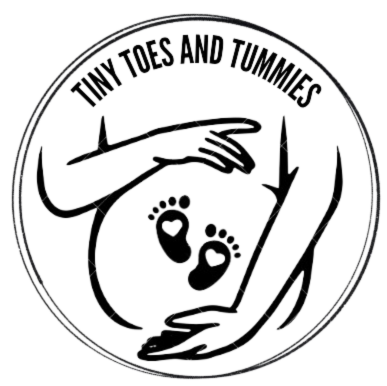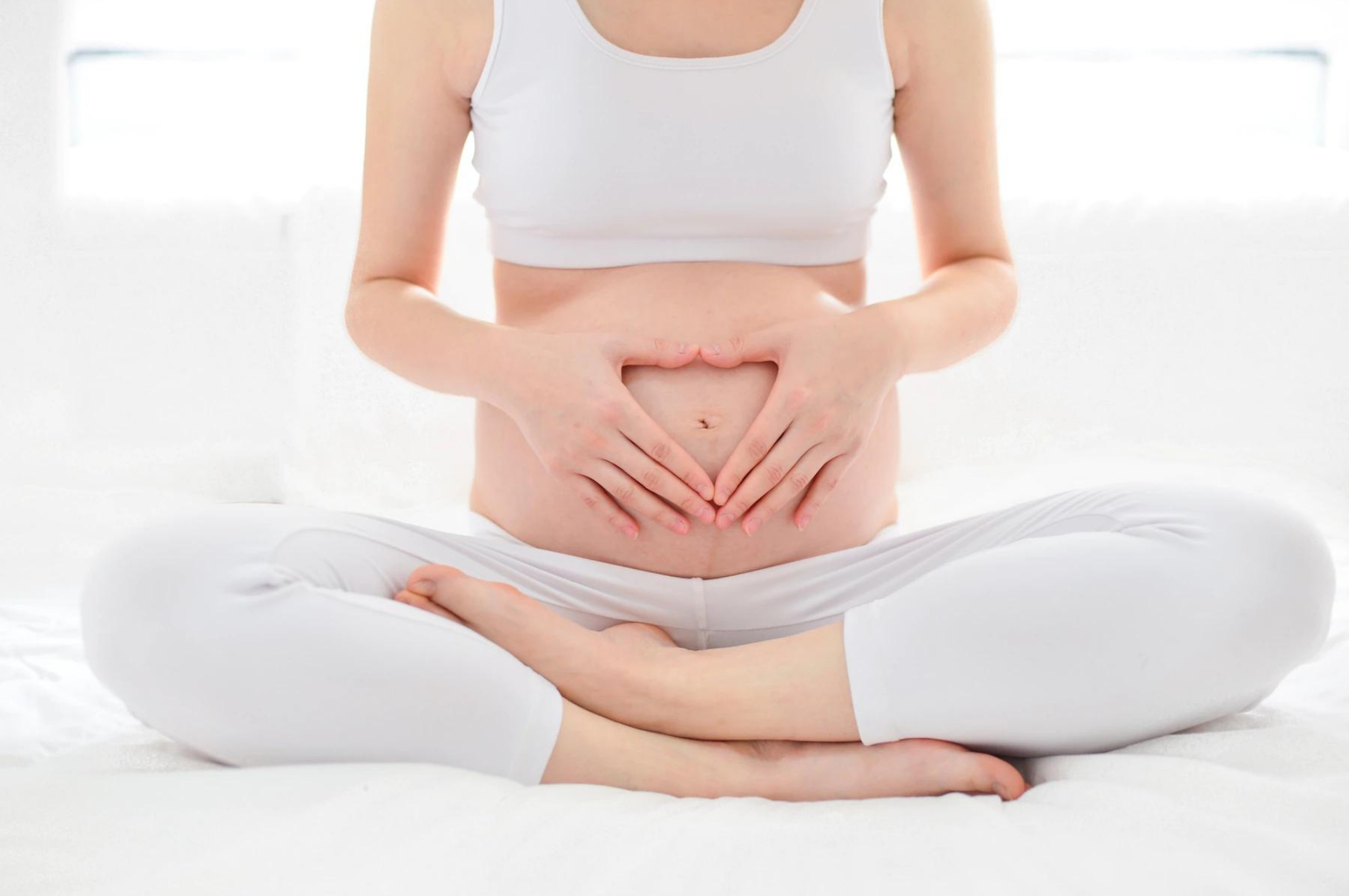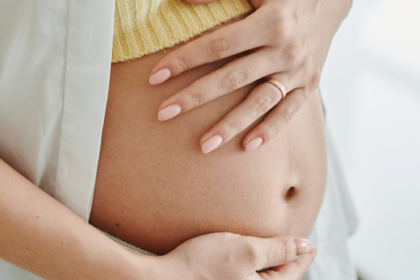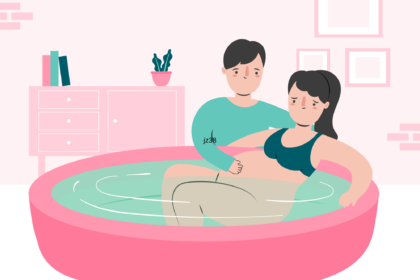Every pregnancy journey is distinct, yet there’s a common thread that binds them all – the incredible body changes in the third trimester. In this guide, you will gain insights into the numerous physical, hormonal, emotional, and health transformations that occur during the crucial third trimester of pregnancy. Firstly, we will delve into the physical changes, followed by an exploration of the hormonal shifts. Subsequently, we will discuss the emotional fluctuations that you might experience. Lastly, we will cover the health and wellness adaptations that your body undergoes, preparing you for the arrival of your little one.
Physical Body Changes in Third Trimester
The Expanding Baby Bump and Weight Gain
As your baby develops, your belly expands, making the third trimester a time of significant physical growth. Expectant mothers can typically anticipate a weight gain of around 11 to 20 pounds. This gain isn’t just from your baby; it also includes increased blood and fluid volume, enhanced breast tissue, and extra fat reserves to support breastfeeding.
A well-balanced diet enriched with lean proteins, fruits, vegetables, and whole grains can help ensure healthy weight gain. Gentle exercises, as recommended by your healthcare provider, can contribute to a healthy lifestyle while aiding in weight management.
Edema: The Swelling Reality
During the third trimester, swelling or edema commonly occurs in the ankles, fingers, and face due to increased fluid retention and blood flow. This discomfort is a natural part of your body’s preparation for childbirth.
To alleviate the discomfort of edema, try to avoid standing for prolonged periods and elevate your legs when possible. Comfortable shoes and socks can provide additional relief. Cutting back on sodium intake may also help minimize fluid retention.
Skin and Stretch Marks: Signs of Body Changes in the Third Trimester
Your skin undergoes various changes, including darkening in certain areas like the nipples, underarms, and inner thighs. Stretch marks may also appear on your belly, breasts, hips, and thighs as your body grows to accommodate your baby. On the brighter side, the “pregnancy glow” due to increased oil gland secretion may give your skin a radiant appearance.
Maintaining a gentle skincare routine can help manage these changes. Hydrating and massaging your skin with oils or creams can help reduce stretch marks‘ appearance. Don’t worry too much about skin darkening or stretch marks; they usually fade postpartum.
Breast Changes: Preparing for Feeding
Breast enlargement, darkening of the areolas, and more prominent veins are typical as your body prepares for breastfeeding. You might also start leaking colostrum—a yellowish, nutrient-rich milk.
Wearing supportive and comfortable bras can ease this transformation. For leakage, use nursing pads inside your bra to keep dry and comfortable.
Hormonal Shifts: The Unseen Body Changes in the Third Trimester
Labor Preparation Hormones: Progesterone and Relaxin
In the third trimester, your body gears up for labor, with the hormones progesterone and relaxin playing crucial roles. These hormones relax muscles and ligaments, leading to heartburn and constipation.
Small, frequent meals can help manage heartburn, as can avoiding spicy, fatty foods. Regular physical activity, plenty of water, and a fiber-rich diet can alleviate constipation.
Hair and Nail Growth
When you’re pregnant, your body makes more hormones, which can make your hair thicker and your nails grow faster. So, you might see that your hair and nails look better. But after you have your baby, you might lose more hair than usual or your nails might break more easily. This is normal and happens as your body goes back to the way it was before you were pregnant.
Emotional and Psychological Changes: The Emotional Rollercoaster
Mood Swings, Anxiety, and Nesting
The third trimester can be an emotional rollercoaster, with feelings fluctuating from joy and anticipation to stress and anxiety. Nesting instincts often kick in as you prepare your home for your baby’s arrival.

Self-care during this time is essential. Yoga, meditation, or simply dedicating quiet time for relaxation can help maintain emotional balance. Don’t hesitate to share your feelings with loved ones or seek professional support if needed.
Prenatal Depression
Feelings of persistent sadness or hopelessness, known as prenatal depression, can occur in some women. If these feelings continue, it’s vital to seek professional help. Regular exercise, a balanced diet, adequate sleep, and strong social support can help manage these feelings alongside professional guidance.
Health and Wellness in the Third Trimester: Maintaining a Healthy Balance
Physical Discomforts: Shortness of Breath, Frequent Urination, Sleep Issues
Your growing baby may press against your organs, leading to shortness of breath, frequent urination, and trouble sleeping. Deep breathing exercises can alleviate breathlessness. Reducing fluid intake in the evenings (while staying hydrated during the day) can minimize frequent urination. And establishing a regular sleep schedule and creating a comfortable sleep environment can aid in sleep management.
Braxton Hicks Contractions
These “practice contractions” are irregular, usually painless, and are your body’s way of preparing for labor. If they become regular or painful, reach out to your healthcare provider immediately, as this could indicate preterm labor.
Every body changes you experience in the third trimester is part of the remarkable journey of bringing a new life into the world. By understanding these physical, hormonal, emotional, and health changes, you’re better equipped to navigate these months and look forward to meeting your little one. Remember, every change brings you one step closer to that incredible moment of holding your baby in your arms.

FAQs
Q: How can Kegel exercises benefit me in the third trimester?
A: Kegel exercises strengthen your pelvic floor muscles, which can help you manage urinary incontinence during pregnancy and aid in recovery post-delivery.
Q: I’m experiencing severe backaches. Is this normal, and what can I do about it?
A: Backaches are quite common due to the added weight of your growing belly. Regular exercise, correct lifting techniques, wearing supportive shoes, and sleeping on a firm mattress can help alleviate this.
Q: Why am I experiencing itching on my arms and legs in the third trimester?
A: It’s likely due to your skin stretching or hormonal changes. Keep your skin moisturized and avoid hot baths. If the itching is severe or persistent, check with your healthcare provider.
Q: I’m constantly feeling sleepy and tired, but then I suddenly get bursts of energy. Is this normal?
A: Absolutely, the tiredness comes from the demands of pregnancy on your body, while the bursts of energy may be part of the “nesting instinct” as you prepare for your baby’s arrival.
Q: What is nesting? Can you explain it a bit more?
A: Nesting is an instinctual urge that many pregnant women experience to prepare their home for the upcoming arrival of their baby. This can involve cleaning, organizing, decorating a nursery, and other preparatory tasks.
Q: I’ve heard about perineal massage in the third trimester. What is it, and should I be doing it?
A: Perineal massage can help stretch the tissues between the vagina and anus (the perineum), potentially reducing the risk of tearing during childbirth. Check out this video to learn the right way to do a perineal massage.
Q: Is it okay if my belly button pops out during the third trimester?
A: Yes, as your uterus expands, it can push your belly button outward. It’ll usually return to normal after you give birth.
Q: Can I travel during the third trimester?
A: It’s usually safe to travel in the third trimester, but always check with your healthcare provider. As your due date approaches, it’s best to stay close to home in case labor starts.
Q: What should I expect in terms of breast changes in the third trimester?
A: You may notice your breasts becoming larger and your nipples becoming darker. Some women may also start to produce colostrum, a precursor to breast milk.
Q: I’ve noticed I have darker patches of skin on my face. What’s causing this?
A: This is likely melasma, or the “mask of pregnancy,” caused by hormonal changes that increase melanin production. Wearing sunscreen can help prevent it from worsening.
Q: What can I do about hemorrhoids in the third trimester?
A: Hemorrhoids are common due to increased blood flow and pressure from your expanding uterus. Eating a high-fiber diet, drinking plenty of water, and not straining during bowel movements can help.
Q: What are some signs of labor I should watch for?
A: Signs of labor can include regular contractions, water breaking, a change in vaginal discharge, and a sensation of the baby “dropping.”
Q: Can I still go to the dentist in my third trimester?
A: Yes, oral health is important during pregnancy. Let your dentist know you’re pregnant so they can take necessary precautions.
Q: What’s the deal with “linea nigra” in the third trimester?
A: Linea nigra is the dark line that can appear on your belly during pregnancy, due to increased melanin. It’s completely normal and usually fades postpartum.
Q: Can I do anything to improve my mood swings during the third trimester?
A: Regular exercise, adequate sleep, healthy eating, and taking time for relaxation can all help manage mood swings. Don’t hesitate to seek professional help if you’re feeling persistently low or anxious.





